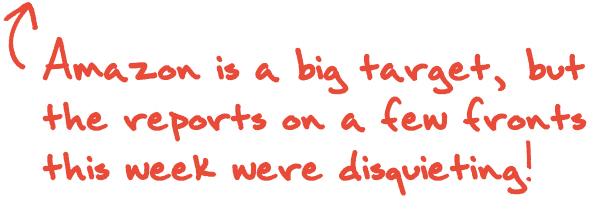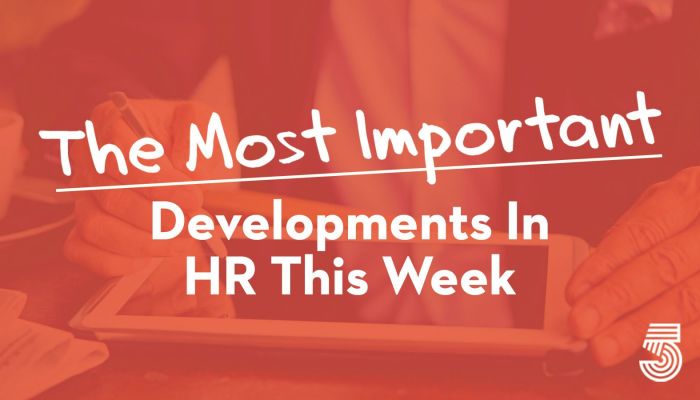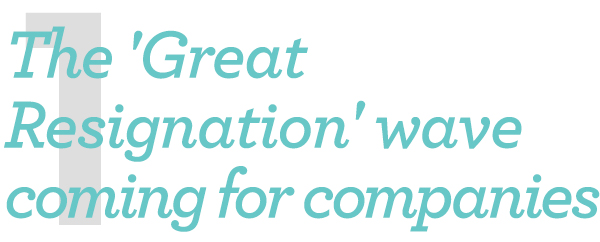
Companies that made it through the pandemic in one piece now have a major new problem: More than a quarter of their employees may leave. What’s happening: Workers have had more than a year to reconsider work-life balance or career paths, and as the world opens back up, many of them will give their two weeks’ notice and make those changes they’ve been dreaming about. “The great resignation” is what economists are dubbing it. Surveys show anywhere from 25% to upwards of 40% of workers are thinking about quitting their jobs. “I don’t envy the challenge that human resources faces right now,” says Anthony Klotz, an associate professor of management at Texas A&M University. Some are deciding they want to work fewer hours or with more flexibility to create more time for family or hobbies. Others are considering switching careers entirely. Some are quitting because their bosses won’t let them work from home post-pandemic. Others are leaving because they miss their offices, but their companies are now hybrid or all-remote. Axios

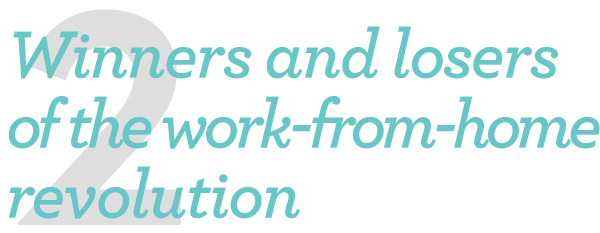
Winners: In the past year, no group has been more pleased with working from home than high-income men in their 30s and 40s, according to the survey of 30,000 U.S. workers. And highly profitable companies are more likely to say they are planning to make WFH a central part of their business. For extroverts, the office can be an ideal place for getting things done with just the right amount of spontaneous interruption. But for more introverted types, the office can be a quagmire of forced proximity, unwelcome noise, and the looming threat of unwanted small talk with that one colleague you absolutely dread. For this latter group, WFH lowers the anxiety temperature of the workday. Losers: Entry-level workers and new hires. “Deprived of desk neighbors, impromptu coffees, and any real way to, for a lack of a better term, read everyone’s vibe,” my colleague Amanda Mull wrote last year, “new hires and young people who work remotely risk remaining unknown quantities.” Also losers: downtown landlords and businesses. Hybrid work entails less commuting, and less commuting means fewer consumers in urban cores. The Atlantic

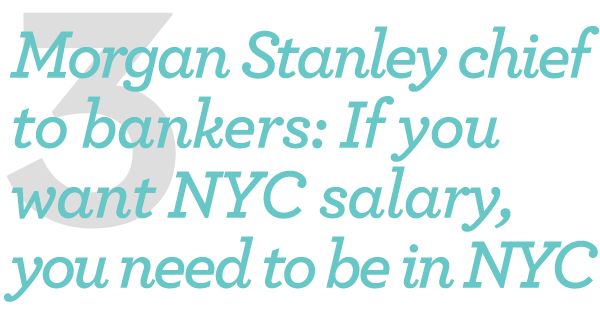
Morgan Stanley’s top boss issued a stern warning to his staff Monday — come back to the office by Labor Day, or face a pay cut. “Make no mistake about it. We do our work inside Morgan Stanley offices, and that’s where we teach, that’s where our interns learn, that’s how we develop people,” Chief Executive James Gorman said. “If you can go into a restaurant in New York City, you can come into the office.” Since the pandemic first started, the banking giant permitted its 70,000 employees to work from home, but with 70 percent of Big Apple adults vaccinated and an infection rate that’s not even half a percent, Gorman said it’s time for workers to get off their couches and back to their desks. “On Labor Day, I’ll be very disappointed if people haven’t found their way into the office. Then, we’ll have a different kind of conversation,” the head honcho warned. The chief executive also sent a sobering message to workers who escaped to far off locales to ride out the pandemic — if you want a New York City salary, you’ll have to be in the five boroughs to earn it. New York Post
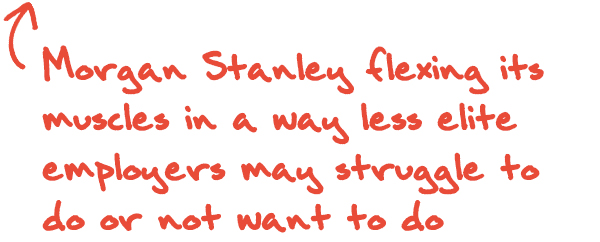
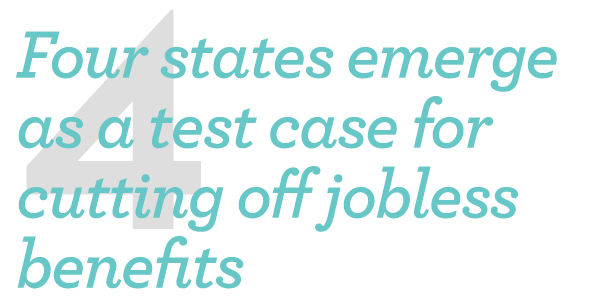
Alaska, Iowa, Mississippi, and Missouri this week emerged as a collective test case for whether cutting off federal unemployment benefits will help push people back into the job market or contribute to a slowdown in the economic recovery. The extra cash from D.C., the governors argue, is making jobless benefits more attractive than returning to work. Those arguments have been bolstered in part by nationwide employment reports that have come in lower than expected for two consecutive months. But the first four states taking the plunge — with unemployment rates ranging from 3.8 percent to 6.7 percent — may not get the results they’re expecting, some economists say. Jed Kolko, chief economist at the jobs website Indeed, said states that have cut off federal benefits haven’t seen a surge in job searches by unemployed workers. The Hill
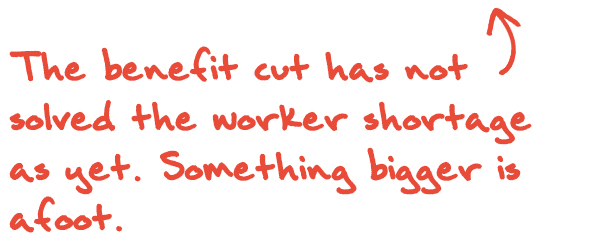
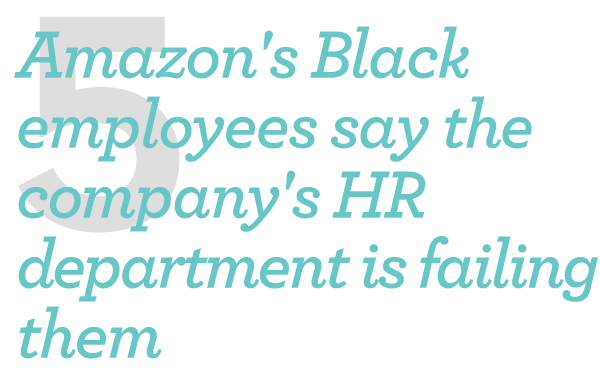
Pearl Thomas, a 64-year-old Black woman, worked at Amazon for less than a year before she sued the company for alleged racial discrimination and retaliation. Her lawsuit is one of five different suits filed in recent months that detail shocking allegations of racial discrimination. Thomas’s suit stands out because she works for the company’s HR department. Thomas claims after she reported her white male manager for calling her the n-word when he thought she had already disconnected from a video call, Amazon’s HR division investigated but ultimately dismissed her claim when it couldn’t find proof. She also alleges that the manager retaliated against her. Over the past few months, Recode has interviewed more than 30 current and former Amazon employees who detailed allegations of racial bias and discrimination on the job — and many of them said the company’s HR department was part of the problem. More than a dozen, all of whom have worked in diversity, equity, and inclusion roles inside Amazon, told Recode that they believe Amazon’s HR leader, Beth Galetti, who is white, was for years one of the main barriers to Amazon becoming an equitable workplace for employees of all races. Vox
